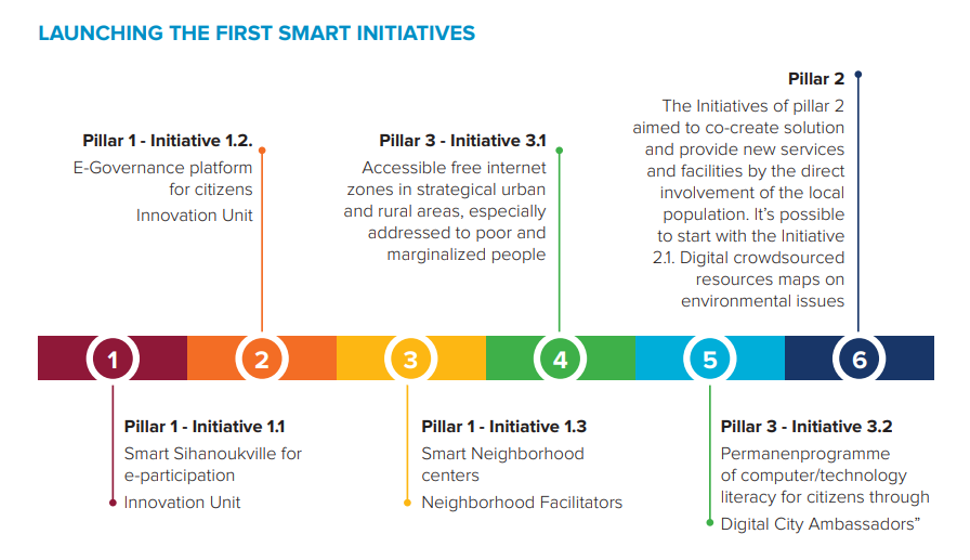Sihanoukville for All: Promoting a Smart, Sustainable and Inclusive City
Duration: August 2020– December 2021
Budget: US$312,009 (UNTFHS: $299,989; Pooled Funding: $12,020)
Implementing Agencies: OHCHR (lead), UN-Habitat
The programme conducted a comprehensive human security assessment to identify challenges and opportunities in Preah Sihanouk province and provide local and national authorities and other relevant stakeholders with evidence and analytics to define risk-informed strategies, programmes and policy options. It specifically did an in-depth examination in the areas of sustainable urbanization, economic growth, and capitalization of investment, as well as vulnerability and inequality, including the digital divide and gender gap. By doing so, it helped define what a smart, sustainable, inclusive city means for Sihanoukville residents and provided people-centered and actionable recommendations to improve their living environment through a whole-of-society approach.
HUMAN SECURITY LENS FOR A SMART, SUSTAINABLE AND INCLUSIVE CITY
The establishment of a multi-stakeholder working group composed of local authorities at the municipal and provincial level, local NGOs, private bodies, CSOs, and UN agencies allowed for the collection of information on current development gaps and perspectives across sectors, as well as the definition of priorities. This mechanism promoted active community participation in local decision-making.
The human security assessment analyzed the levels, trends, connections, and interactions among the risks across the human security dimensions and how they are affecting communities, including women, men, children, adolescents, youth, and other vulnerable groups.
This comprehensive, evidence-based, and participatory assessment supported the formulation of ten strategic recommendations to strengthen resilience and build Sihanoukville into a smart, sustainable, and inclusive city. These recommendations include the reinforcement of the autonomy of decision-making at local levels, the enhancement of citizen-government dialogues, and the achievement of higher environmental sustainability and life quality standards.
The programme supported the design of the Sustainable Inclusive and Smart city Action Plan to enhance citizen and community participation, foster e-governance, improve local services and facilities through crowdsourced activities and reduce the digital divide and the gender gap. The action plan covers three pillars, with supporting initiatives identified under each pillar.
- Pillar 1: People-focused smart planning & e-governance through innovative digital participation, which is focused on a transparent and equal e-governance system allowing citizens to obtain information and be included in city life.
- Pillar 2: Smart services through crowdsourced data and information, aiming at collecting useful data and information to re-design citizen services, especially focused on women and marginalized groups of people.
- Pillar 3: Digital empowerment to reduce the digital divide and foster human rights, which promotes an adequate education system and a capacity-building framework to enhance the citizens’ skills to use the technology.
KEY MATERIALS
Programme Summary
Leaflet on SHV Smart City Concept
Human Security Assessment
Smart, Sustainable and Inclusive City Concept for Sihanoukville
The Smart Sihanoukville Case Study
Lessons Learned on Case Studies: People Focused Smart City



